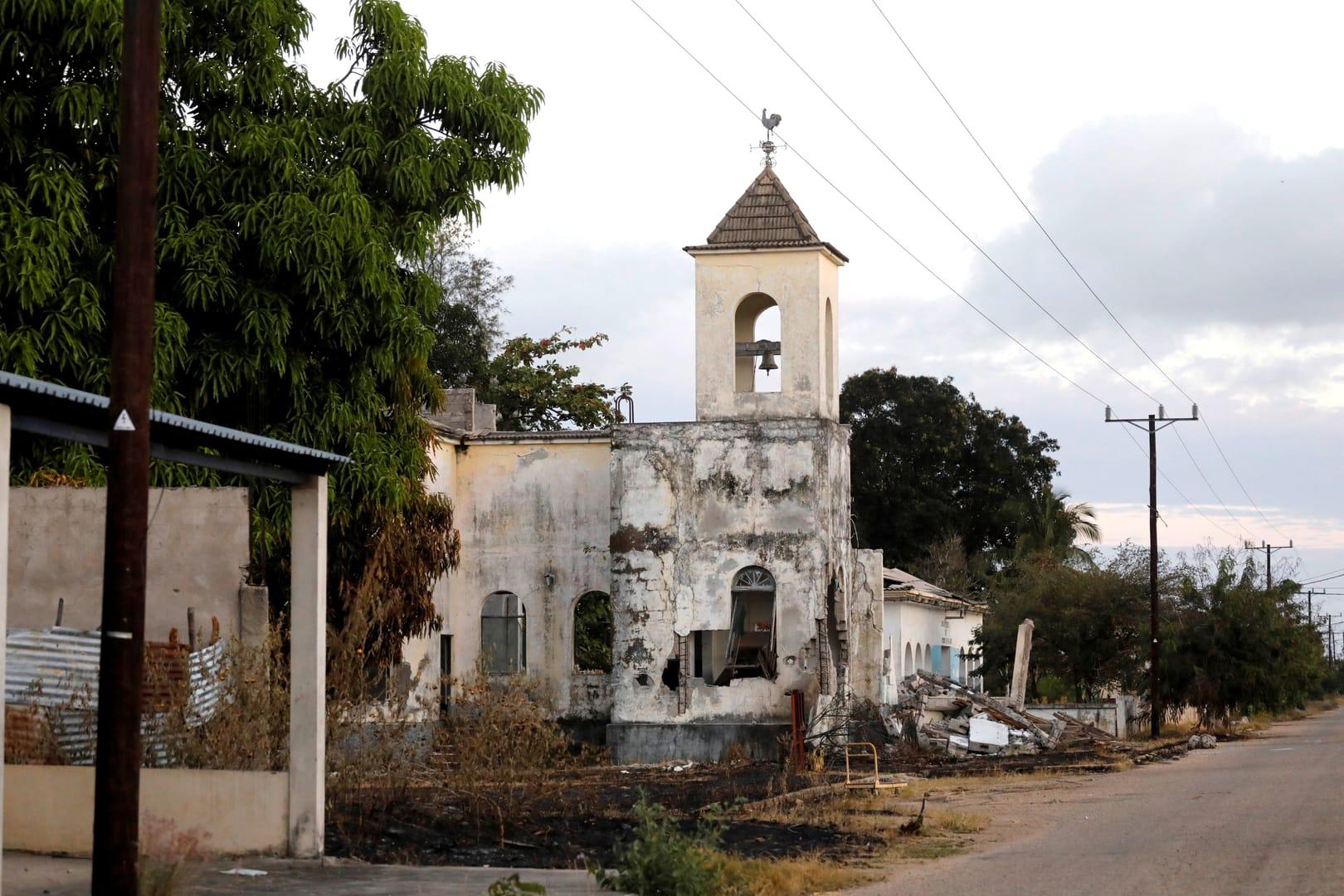YAOUNDÈ, Cameroon – While the government of Mozambique continued to label the conflict in the country as Islamist terrorism, a leading Catholic peace organization says it’s actually about the control of natural resources.
Fighting broke out in the Cabo Delgado region of Mozambique in 2017 when a group calling itself al-Shabab — not linked to the Somali group of the same name – attacked towns in the region.
After the rebels seized the town of Palma in early 2021, troops from neigboring countries arrived in the country to help the Mozambican military.
Around 2,000 troops from eight Southern African Development Community (SADC) nations, known as the SADC Mission in Mozambique (SAMIM), were deployed on July 15, 2021. Rwanda, a non-SADC member, had earlier sent in 1,000 soldiers to Cabo Delgado, after an agreement with Mozambique.
However, a new offensive was launched by the insurgents during the summer, leading to the displacement of 80,000 people.
The insurgents are known for their brutal methods, including burning villages and beheading civilians, and at least 4,000 people have died in the conflict.
The International Organization for Migration estimates over 900,000 people have had to flee their homes since the conflict began.
Cabo Delgado is the northernmost province of Mozambique. Although the country is 75 percent Christian, Cabo Delgado has a slight Muslim majority.
The two faiths have historically lived in peace, and the insurgency is blamed on the teachings of a Kenyan extremist.
Although the Mozambican government has highlighted the Islamist orientation of the insurgents, the director of the Denis Hurley Peace Institute (DHPI) says that’s not the whole story.
“Of course, the Mozambican government likes to portray it that way, and that’s the way it’s portrayed in the Western media and there is a reason for that,” said Johan Viljoen.
“You know, there is a whole obsession in America with the war against terrorism. So if [the government of Mozambique] were going into the media and onto the global system saying this is an uprising by discontented people from their own country, nobody would have supported them. But when you say it’s terrorism, it’s ISIS and then immediately they get billions of dollars of funding from the EU, from the Americans and what have you,” he told local television.
“The consensus in Mozambique and the consensus amongst people from the affected areas is that this is a deliberate and well-orchestrated thing to drive them off their land,” he continued.
The area has vast supplies of natural gas, drawing international petroleum firms. In addition, precious stones such as rubies and other mineral deposits are in the province.
“Cabo Delgado Province – the nethermost province of the country – is like a treasure house of mineral wealth. They have the largest off-shore and on-shore fields of liquid natural gas in Africa. They have ruby, they have uranium, and they have everything there. It looks like North Kivu in the Congo,” Viljoen said, referring to the conflict-ridden areas in the east of the Democratic Republic of Congo.
Viljoen claims that to exploit these resources, the government has resorted to systematically ejecting people from their lands, with terrorism used as a pretext.
“The easiest way to get people off the land is by fuelling this so-called insurgency,” he said.
“The people have to flee and the permission [that the government grants for them to occupy land] is cancelled and the land can be given to multinational corporations,” he said.
The Mozambique government categorically denies accusations that it is allowing multinational corporations to take peoples’ land.
However, Viljoen claims over 2,500 people were evicted from their lands to make way for an installation by TotalEnergies, a French international petroleum firm.
He said the former residents have never been compensated, and locals have not been gainfully employed by mining companies.
“Of course, the excuse is always that the people don’t have the skills to do the work and then workers get imported not only from the South of Mozambique, but from Zimbabwe and South Africa as well. So there have been no tangible economic benefits,” he said.
“It is the poorest province by far, and people from Cabo Delgado would tell you that it was a deliberate policy of underdevelopment by the central government. If you look at Mozambique, all the wealth and development is concentrated in the south and of course a lot of that wealth is coming from the wealth that is taken off the land in Cabo Delgado,” he said, adding that the insurgency is fed “on the discontent of years of neglect and under-development.”
As for the government’s contention that the conflict is fueled by Islamist extremism, Viljoen said, there “has never been any religious friction …There isn’t a religious component to this.”
He also said the discovery of new gas deposits further south raises fears of the violence spreading in that direction, with locals already saying “that if petro-dollars equal conflict, then it’s just a matter of time.”
“We are already seeing that the insurgency is spreading southwards into those areas. Is that coincidence? I don’t think so,” Viljoen said.













